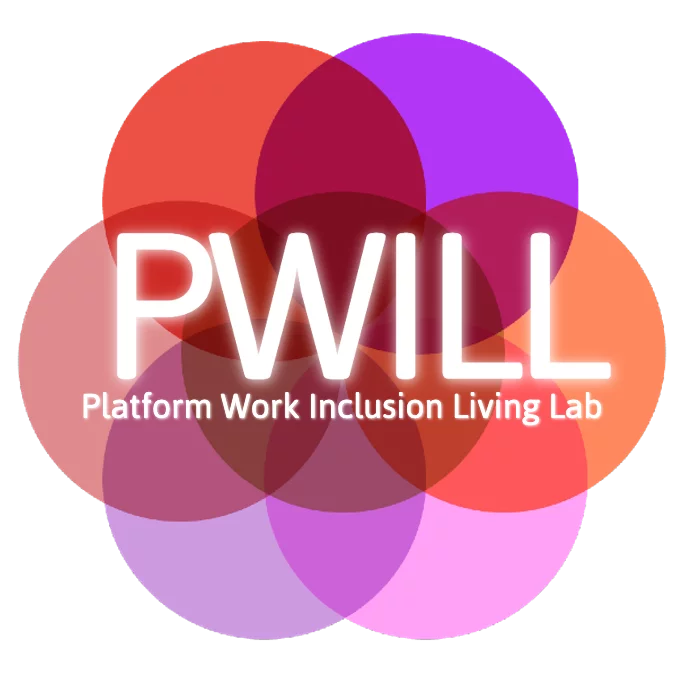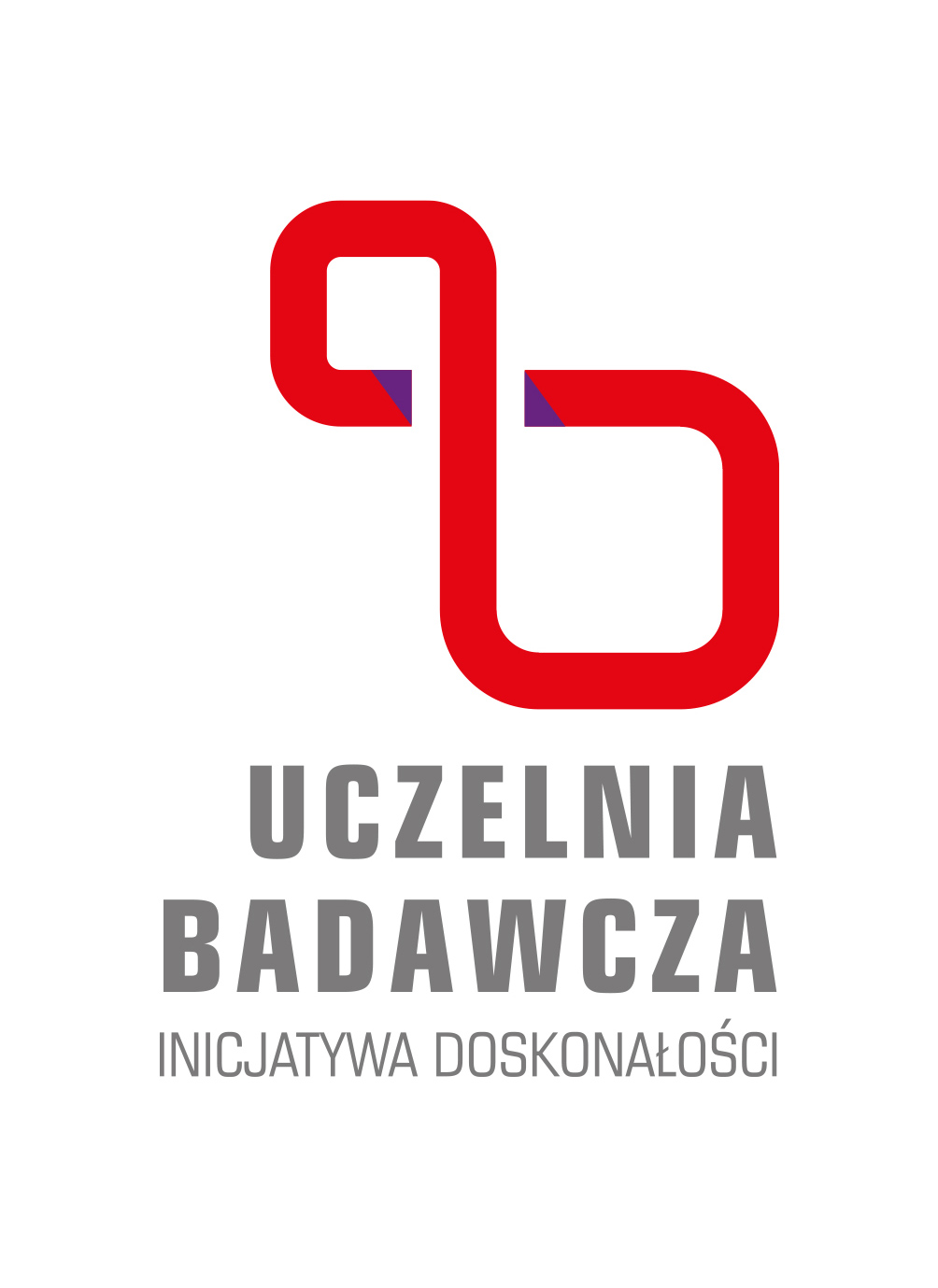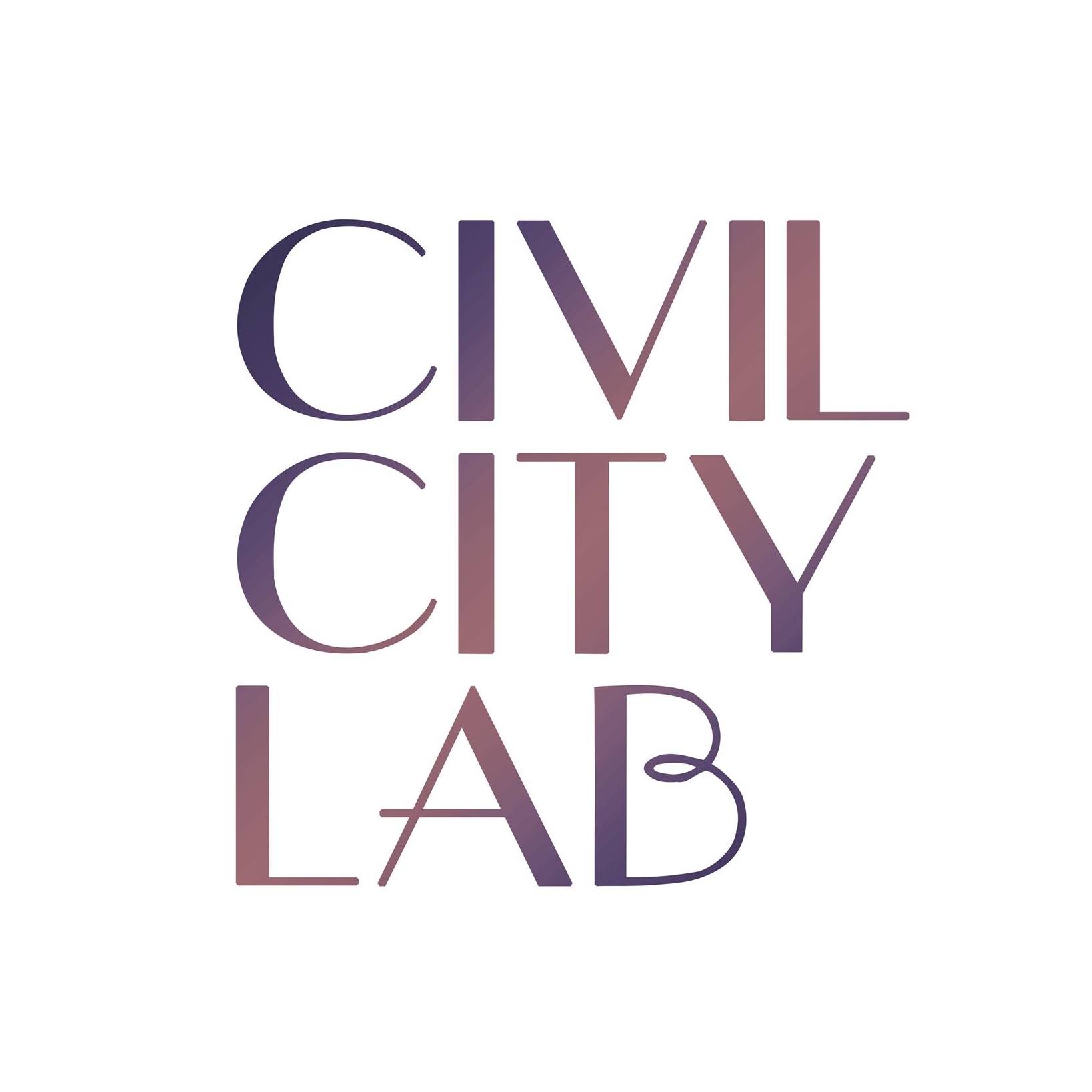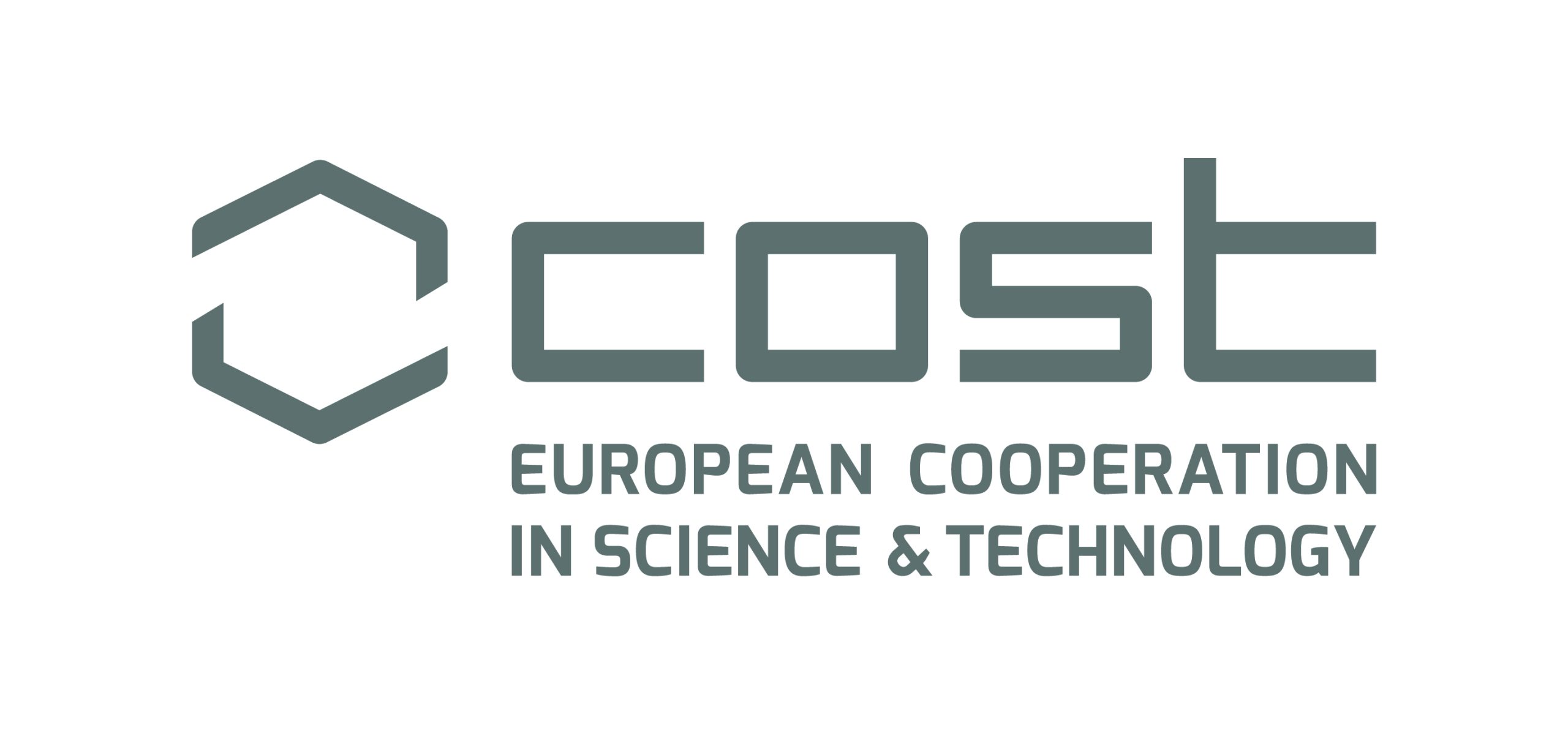Call for Abstracts
Submissions are now closed.
Program
Full schedule is now available. Read more...
Register
Registration is now closed.
About the conference
“Technology is neither good nor bad; nor is it neutral”: the impacts of a technology need always be viewed in context and need always be analysed from both immediate and long-term perspective (first of Kranzberg’s laws). Seemingly benign or even beneficial inventions can have lasting negative effects, and unintended uses of simple technological solutions may have transformative impacts on whole societies. Digital technologies are no exception to this rule. The “Gender, Technology & Power” conference aims at a critical analysis of the empowerment as well as disenfranchisement that digital technologies bring to different actors and groups, with a special focus on intersectionality. The questions that we want to tackle are:
What power asymmetries are hidden in digital technology? What hinders or enables empowerment through technology? What new critical interpretations of the datafication processes are emerging? How do platforms shape discourses or determine decisions that affect different groups and communities? What new narratives can inspire the rise of fairer technological systems and algorithms? What possibilities can digital technology offer for equality? What digital practices challenge gender discrimination and social inequalities?
The congress follows the success of the first edition that took place on June 17-19, 2024 in San Sebastián-Donostia, Spain.
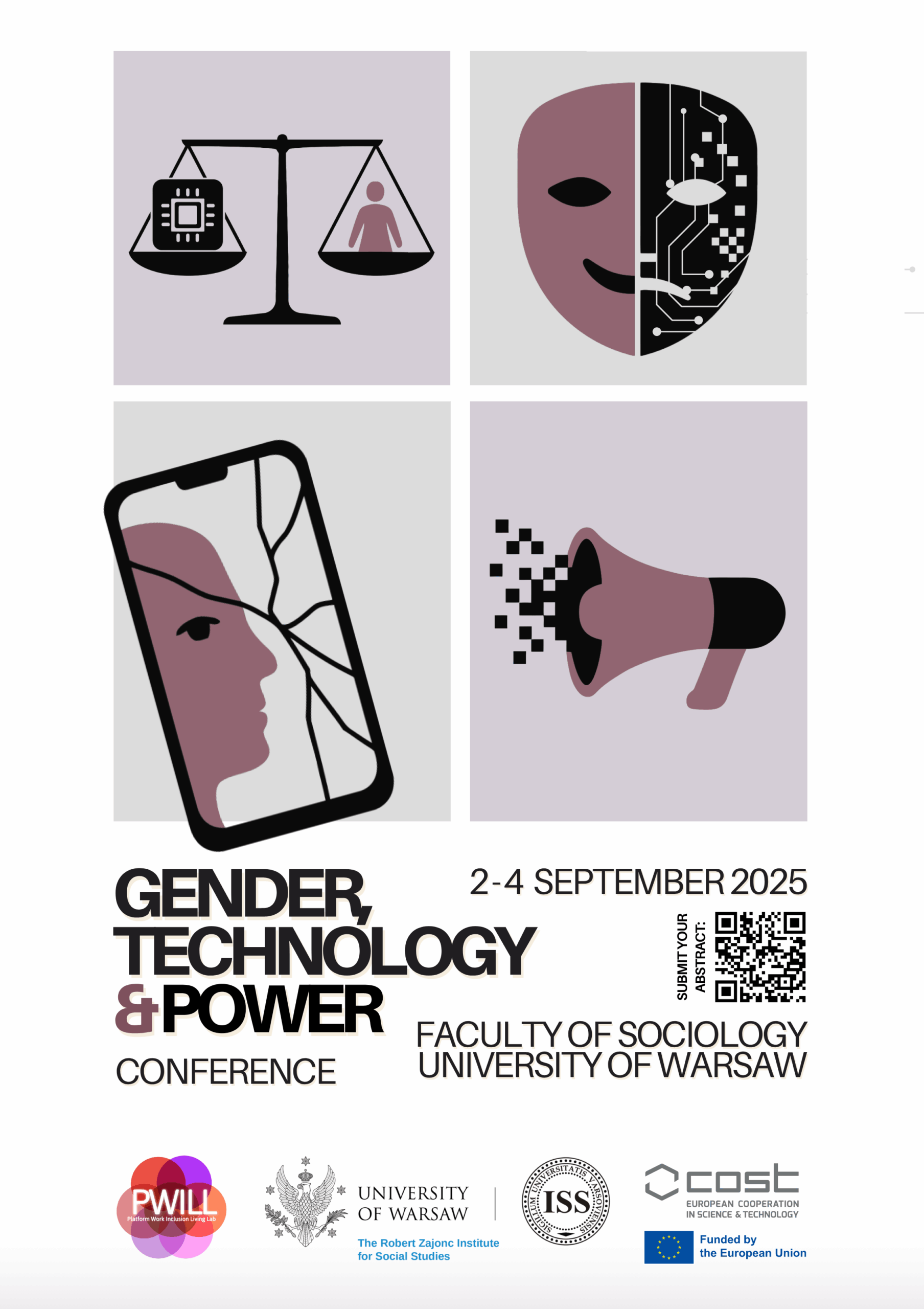
Keynote speakers:

Sylwia Spurek
Dr. Sylwia Spurek – former Member of the European Parliament (2019–2024) and Deputy Ombudsperson (2015–2019). Legal advisor and legislator. Expert in law and public policy in the field of equal treatment, combating violence against women and gender-based violence, as well as animal rights and food safety. Independent researcher and scientist. Human rights advocate for LGBTQIA people. Climate and animal rights activist, particularly for so-called farm animals. Co-founder of two think tanks: Green REV Institute and European Fem Institute. Woodrow Wilson Centre Fellow in Washington, D.C (2024-2025).
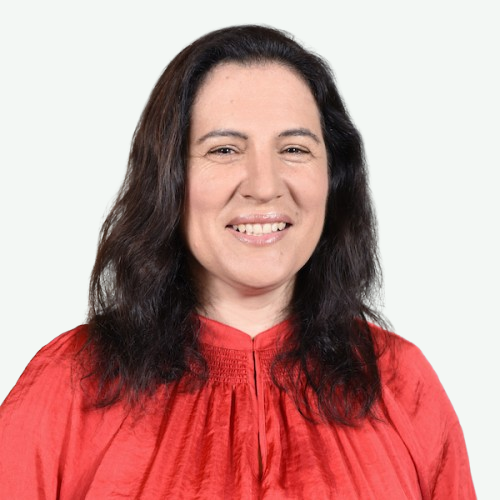
Katina Michael
Katina Michael is an interdisciplinary scholar who works at the nexus of technology, ethics, law, and society. She is the founding editor-in-chief of the IEEE Transactions on Technology and Society. Presently, Katina is a Visiting Scientist at Arizona State University, teaches in the Business School at the University of Sydney, and is a fellow at the Social Cyber Institute. She is a Senior Member of the IEEE and serves on the board of governors of the Society on the Social Implications of Technology (SSIT), and Consumer Technology Society (CTSoc).

Barbara Biglia
Associate Professor in the Department of Pedagogy at the URV, where she coordinates the research group GREDI. Founder of the Interdisciplinary Seminar on Feminist Research Methodology and member of the Interuniversity Institute for Women’s and Gender Studies.
Her commitment to the fight against gender-related violences materialized in 2007 with the co-publication of the book “Estado de Wonderbra” (State of Wonderbra). She continues to coordinate numerous feminist activist research projects, some of which, such as SeGreVUni, focus on the university context. Concerned about raising awareness among future professionals, she has implemented various innovative teaching projects on the subject and co-coordinates the website (under construction). She is currently the URV PI of the European-funded project Gender Equitable Interactions Online within the CHANSE program.

Karolina Bolesta
PhD candidate in Economics at SGH Warsaw School of Economics. She works at Procter & Gamble as Senior IT Manager in the area of security engineering. Her scientific interests include Artificial Intelligence, Natural Language Processing and labor market. She has completed research stays around the globe, including Bern University of Applied Science, University of Technology Sydney. New York University and Georgetown University.

Anna Domaradzka-Widła
Sociologist, an Associate Professor and Director at the Robert Zajonc Institute for Social Studies, University of Warsaw. She is a Co-PI of Polish World Values Survey team. She also leads a Civil City Lab, that carries out research for the co-creation of better, democratic, and wisely governed cities in the digital era. The team investigates the consequences of digitalization and smart innovations in the context of urban policy and city life, with particular interest in how technology can influence the implementation of the principles of democracy, equality, and social justice expressed by the ‘right to the city’ concept. Anna Domaradzka specializes in intersectional and international comparative research in the areas of urban sociology, civil society and social movements, digital sociology and gender studies. She is engaged in several international projects concerning technological innovations, urban governance and planning, including Values in Crisis, Right to the smart city: the impact of new technologies on quality of life, social relations and urban policy (PI, Polish National Science Centre), EuPOLIS: Integrated NBS-based Urban Planning Methodology for Enhancing the Health and Well-being of Citizens (PI, H2020), and HEART: HEAlthier Cities through Blue-Green Regenerative Technologies (PI, H2020).

David Dueñas Cid
Associate Professor and Director of the Public Sector Data-Driven Technologies (Pub-Tech) Research Center at Kozminski University. Previously, he was an H2020 Marie Skłodowska-Curie Widening Fellow at Gdansk University of Technology, a Researcher at the Johan Skytte Institute of Political Studies, of the University of Tartu, a Postdoctoral Researcher at the Ragnar Nurkse Department of Innovation and Governance of Tallinn University of Technology, and a Postdoctoral Researcher and Lecturer at the Social and Business Research Lab of the Universitat Rovira i Virgili.
His PhD is connected to the analysis of the Politicization of Social Movements, and he got his Habilitation in Political Sciences from Adam Mickiewicz University (Poland) with his work: Res Publica Digitalis, Society and Politics in the Digital Public Space. His current research covers aspects related to #DigitalSociology, #PublicAdministration, #Democracy and #Elections; in particular, connected with #ElectronicDemocracy and #InternetVoting. He is currently researching the processes of creating Trust and Distrust in Internet Voting – thanks to the funds received by the H2020 Marie Skłodowska-Curie Actions Programme and the Narodowe Centrum Nauki, OPUS Program.
He is the president of the Thematic Group on Digital Sociology at the International Sociological Association, General Chair at the E-Vote-ID Conference, Program Chair at the Annual International Conference on Digital Government Research, and Academic Editor at Internet Policy Review. He has been invited to conduct lectures or research in Australia, Austria, El Salvador, Estonia, Georgia, Hungary, Japan, Poland, and Spain.

Joanna Erbel

Mayo Fuster Morell
Faculty associate at the Berkman Klein Center for Internet and Society in the Harvard University in Cambridge (USA), and member of COSMOS – The Centre on Social Movement Studies, Faculty of Political and Social Sciences at the Scuola Normale Superiore in Florence.
She is the Chair of Eurpean COST Action P-WILL on feminist intersectional approaches to platform economy, a network of 300 members from 40 countries worldwide.
She is the lead researcher of Dimmons Research Group (SGR-AGAUR, Catalan Goverment).

Ewa Gałecka-Burdziak
Associate Professor at SGH Warsaw School of Economics. She is also a Research Affiliate at Life Course Centre (Australia) and Prague University of Economics and Business (Czechia). She served as a Principal Investigator in the projects financed by National Science Centre, NAWA, CERGE-EI Foundation and OECD. She has received the START scholarship founded by Foundation for Polish Science, Minister of Science and Higher Education scholarship for young scientists (2020-2022) and Dekaban-Liddle Senior Fellowship (University of Glasgow). She executed research stays and study visits in Universidad de Sevilla, Universidad Pablo de Olavide en Sevilla, Universidad de Huelva, RWI Berlin, University of Glasgow, University of Wollongong, University of Bologna. She has published in Review of Economic Studies, Technological and Economic Development of Economy, Technological Forecasting and Social Change, Economic Modelling, Journal of Applied Economics. Her research spans labour economics, social policy, economics of crime, with particular focus on unemployment insurance.
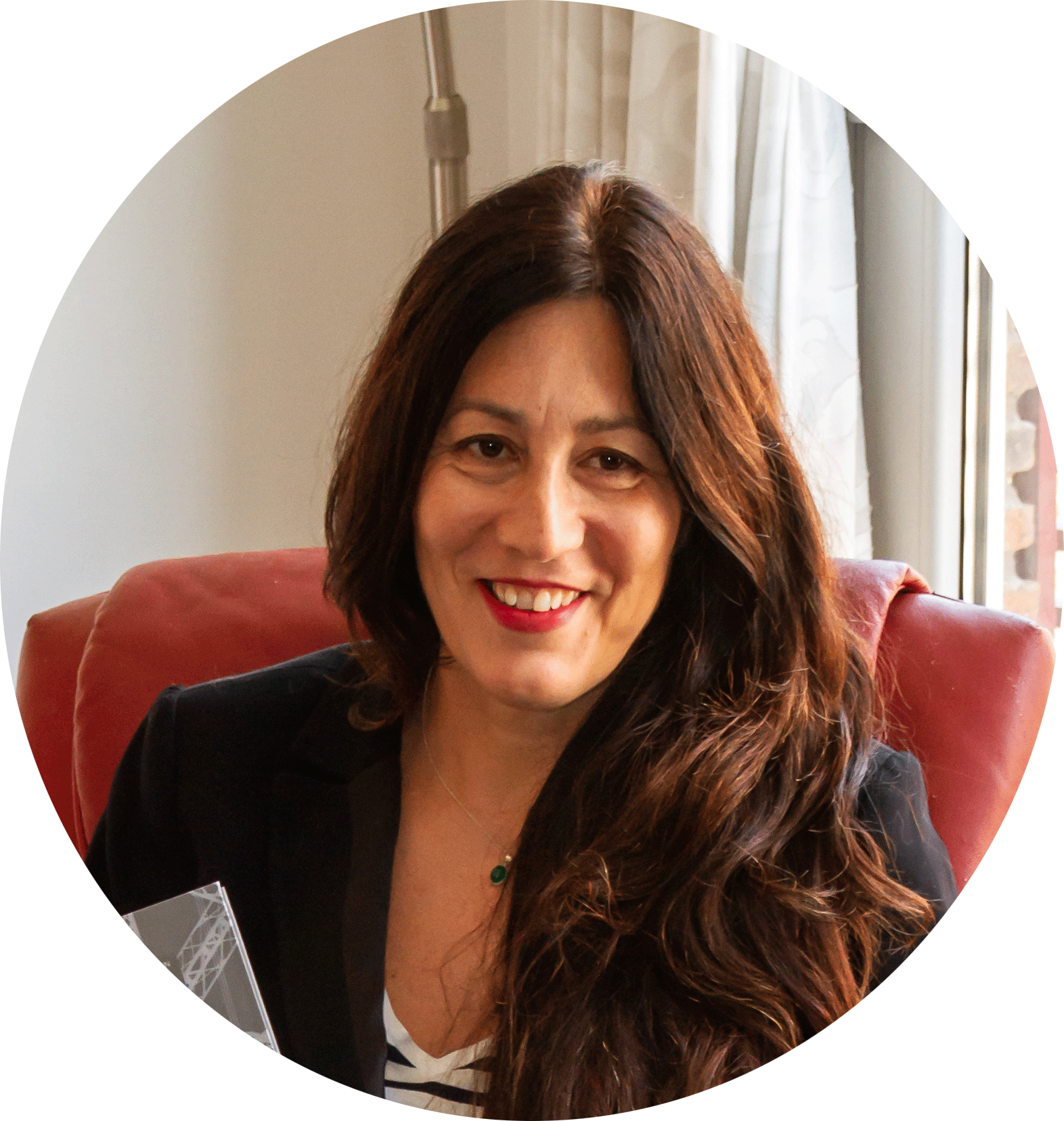
Miren Gutiérrez Almazor
Researcher at the University of Deusto –where she is the Principal Investigator of the Communication team–, and an Associate Researcher at ODI, London. A leading expert on digital technology and its impact on society, with a focus on gender, Dr. Gutierrez, with Dr. Stefania Milan of the University of Amsterdam, coined the groundbreaking concept of “data activism,” which has become a reference in digital activism studies. Author of Data Activism and Social Change, in her research she blends diverse methodologies to explore technology as a tool for social change and activism and a space for debate. Accredited as a full professor by Unibasq, Dr. Gutierrez has led numerous research projects, including the Spanish Research Agency-funded program “ARES – Analysing Antifeminist Resistances,” and currently is a researcher at “RE-WIRING,” funded by the European Commission. Co-leader, with Jing Hiah, of Platform Work Inclusion Living Lab’s Working Group 1

Dariusz Jemielniak
Full Professor and head of Management in Networked and Digital Environments (MINDS) department, Kozminski University, and faculty associate at Berkman-Klein Center for Internet and Society, Harvard University. He is serves as a vice-president of the Polish Academy of Sciences and on the board of EIT (European Institute of Innovation and Technology). His current research projects include disinformation, and bot detection. He previously conducted research e.g. at Cornell University, University of California Berkeley, MIT.

Agnieszka Rychwalska
(she/her)
Social psychologist – assistant professor at the Institute for Social Studies, University of Warsaw. Her research tackles the impact of digital technologies on social process. With the use of complex systems methods she investigates online community self-organization and governance.
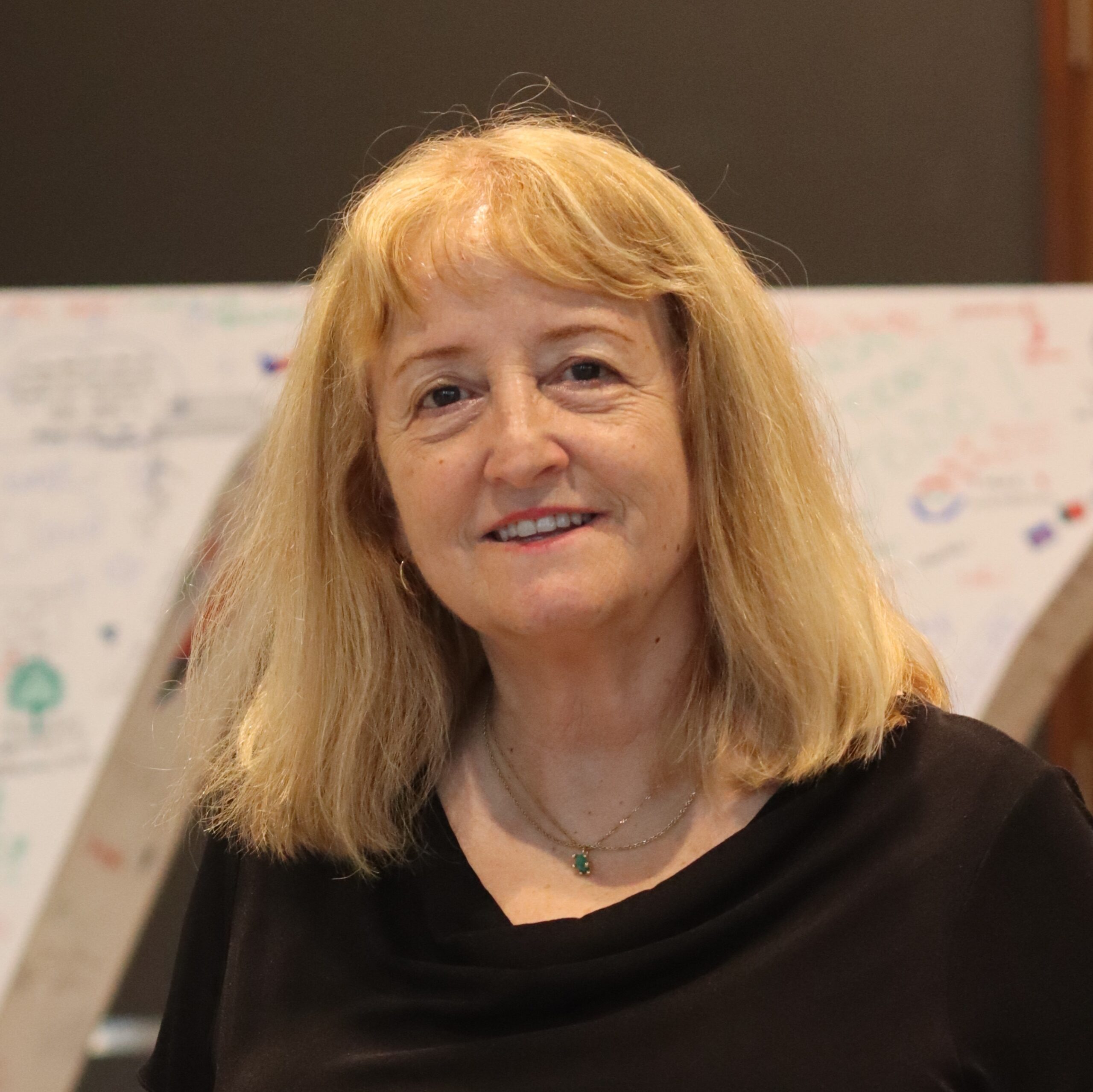
Dame Rosie Stephenson-Goodknight
(she/her)
Wikipedia editor, admin, and photographer known for her actions addressing gender bias in the encyclopedia. She co-founded the annual WikiWomenSummit, and the online content gender gap project, Women in Red. Rosie serves as the Wikipedia Visiting Scholar at Northeastern University (Boston) and as the Community Engagement Manager at the University of Queensland (Australia). Previously, she served on the Wikimedia Foundation Board of Trustees. In 2016, Rosie was honored as Wikipedian of the Year; two years later, she was knighted partly because of her Wikipedia work.

Maria Tzanou
Associate Professor in Law, University of Sheffield, UK. Her research focuses on privacy, data protection, surveillance, data justice, the regulation of new and emerging technologies and the inequalities of data privacy law and how these affect vulnerable groups.

Renata Włoch
Professor at the Faculty of Sociology, University of Warsaw, where she heads the Department of Digital Sociology. She also serves as Scientific Director of the Digital Economy Lab (DELab), an interdisciplinary research center focused on the societal and economic impacts of digitalization. With a strong background in qualitative and applied research, she has advised public institutions and authored reports for businesses and NGOs. Since 2014, her work has focused on digital transformation, culminating in the co-authored book The Economics of Digital Transformation (Routledge, 2021, with K. Śledziewska), which explores its implications for labor markets and business practices. She is currently involved in research on the development of workers’ digital skills within two international consortia: the Horizon INAiR project (focused on the retail sector) and the Erasmus USMED project (focused on the accommodation and food sector).
